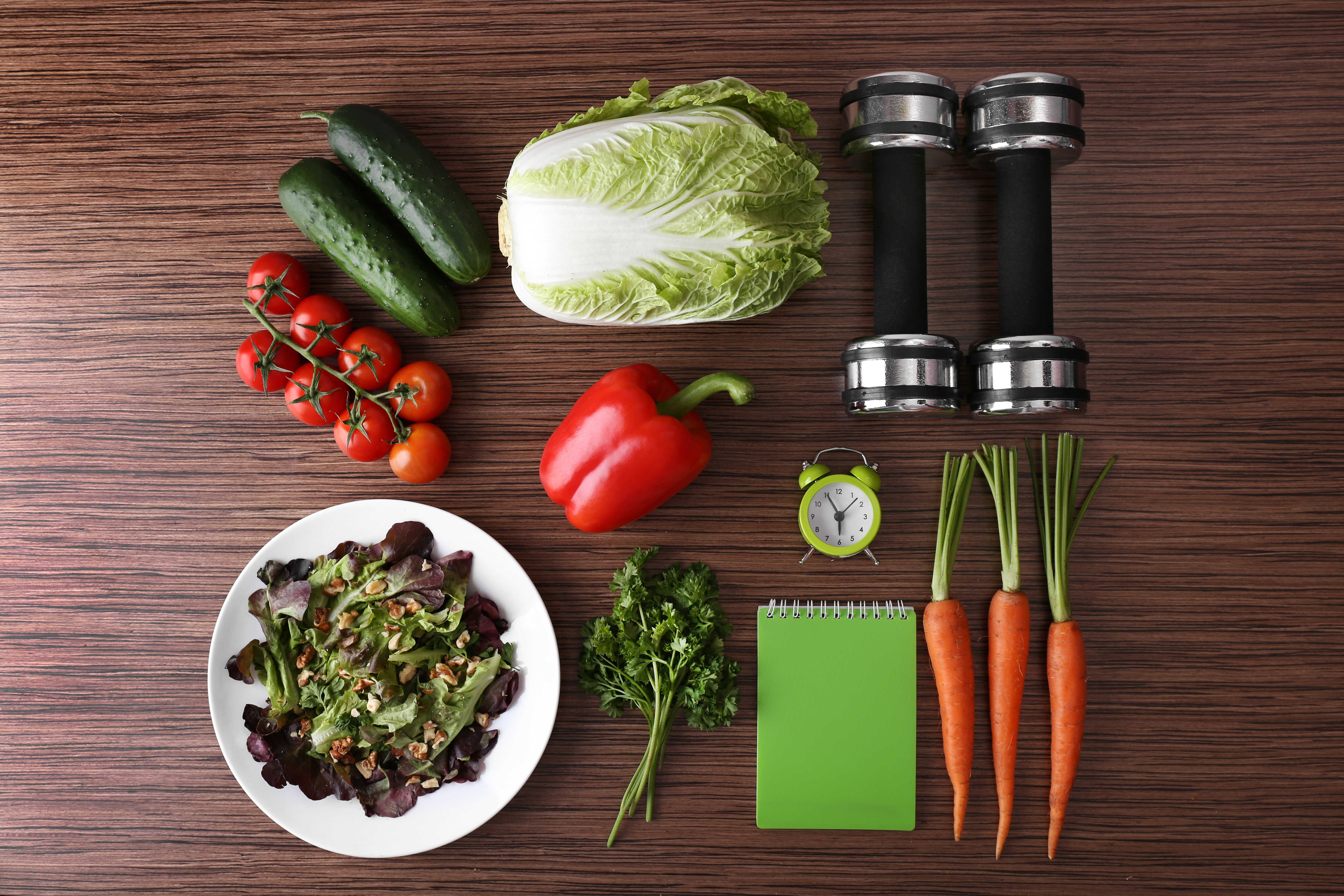Healthy Lifestyle Choices for Boosting Fertility

How you choose to live your life each day can impact your fertility. Choosing to live a healthy lifestyle, such as managing your weight, eating right, and exercising, enhances your fertility. Let’s take a look at some lifestyle choices and how they impact your health and fertility:
Effects of Body Weight on Fertility
Maintaining a healthy weight alleviates many of the strains on the body that can interfere with getting pregnant, such as elevated blood sugar levels and high blood pressure. According to the American Society for Reproductive Medicine (ASRM), 12 percent of all infertility cases are caused because women either weigh too little or too much. The issue is estrogen, a sex hormone produced in the fat cells. With too much body fat, your body over produces estrogen, and your body begins to react as if it is on birth control, which reduces your odds of becoming pregnant. The inverse is true for women with too little body fat. By not consuming enough calories and not weighing enough, their bodies cannot produce enough estrogen, and their reproductive cycles begin to shut down. It is recommended that you visit your physician to assess your individual health situation to determine the appropriateness of your weight.
Regular exercise can also help control your weight and manage stress often associated with trying to conceive. Working out stimulates the endocrine glands to secrete hormones that produce egg growth. Getting your heart rate up for thirty minutes a day will not only enhance your fertility, but release any daily frustrations before they have a chance to build up. Aspire Fertility is happy to offer resources that will help you toward developing a fertility exercise plan that works for you and your needs.
Fertility Nutrition: A Balanced Diet
A balanced diet will ensure that the body receives appropriate nutrition to maximize performance, which includes ideal ovulation for women and sperm production for men. Small changes to your diet can make a huge difference. Begin by eating more fruits and vegetables, and aim for at least six servings of fruits and vegetables a day. Be creative and try drinking a few in a smoothie or adding some puree into a dinner dish.
In terms of what you should try to avoid, white flour, white bread and white rice food products make the top of the list. It is best to replace these items with foods made from a variety of whole grains such as whole wheat, brown rice, oats and whole grain corn.
So what should your shopping list look like? Start with foods that are rich in folic acid, such as brown rice, oats, beans, peas, spinach, cereals and oranges, then continue to add other fruits, vegetables, and whole grains.
Effects of Caffeine on Infertility
Caffeine may also impact one’s ability to become pregnant. Caffeine increases stress and is known to have addictive qualities.RESOLVE documented several studies that have shown that caffeine increases the length of time it takes to conceive. One study revealed that women who drank more than one cup of coffee a day were half as likely to become pregnant per cycle as compared to women who consumed less. Another study identified that caffeine could damage sperm and increase the risk in females of developing endometriosis.
Experts have recommended consumption of less than 100 mg per day of caffeine. Remember that caffeine is all around us and can be found in several sources such as coffee, tea, soda and chocolate. In the morning, try reaching for a glass of orange juice or decaffeinated tea to start your day.
Meet with a Fertility Specialist
For more information on lifestyle and infertility and how you and your partner can start making changes today, consult with one of Aspire’s fertility experts in Houston, Austin, San Antonio and Dallas .


















